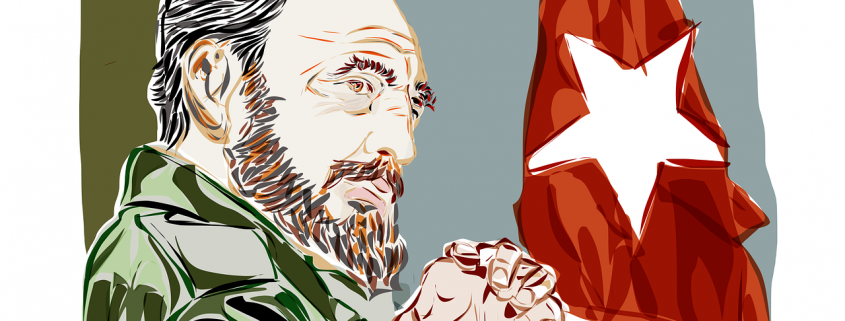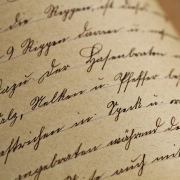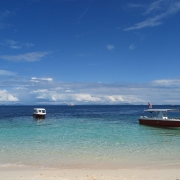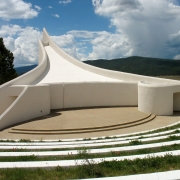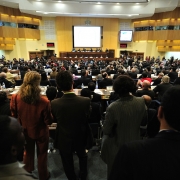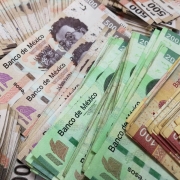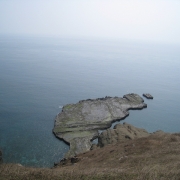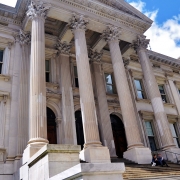When did Castro visit the United States?
Topic of Study [For H2 and H1 History Students]:
Paper 1: Understanding the Cold War (1945-1991)
Section A: Source-based Case Study
Theme I Chapter 2: A World Divided by the Cold War – Manifestations of the global Cold War: Cuban Missile Crisis (1962)
The rise of Fidel Castro
Following the Cuban leader’s revolution that toppled the Batista regime, Fidel Castro assumed the role as Prime Minister on 1 January 1959. A year later, he nationalised all American-owned businesses, such as oil refineries and factories. The loss of economic revenues proved infuriating for the Eisenhower administration, which severed diplomatic relations and imposed a trade embargo.
The first major expropriations occurred in late June, when 2.4 million acres of cattle land were nationalized in Camagüey province, as well as the sugar acreage owned by companies operating processing mills (centrales). For Camagüey, this represented two-thirds of the entire province, or an area about the size of Rhode Island and Delaware combined, and much of it was owned by U.S.-based corporations, including 40,000 acres held by the family corporation that also owned the largest single piece of private property in the United States, the King Ranch of Texas.
An excerpt from “That Infernal Little Cuban Republic: The United States and the Cuban Revolution” by Lars Schoultz
Before the serious deterioration of Cuban-US relations that brought about confrontations like the Bay of Pigs invasion, it is important to examine what happened during Castro’s visit to the United States.
The Visit
On 18 September 1960, Castro arrived in New York City to lead the Cuban delegation to the United Nations. His presence had stirred the emotions of many in the American society. US officials expressed concerns, including possible suspicions towards the new leader.
As U.S. officials wondered what Castro would do next, traditional hegemonic assumptions guided their wary observations. The new Cuban leaders “had to be treated more or less like children,” CIA Director Allen Dulles told the National Security Council. “They had to be led rather than rebuffed. If they were rebuffed, like children, they were capable of almost anything.” U.S. diplomats found Castro restless, headstrong, opportunistic, and driven by an “undeviating urge for fame and political power.” He was prone to violence and independent actions, but he was not a Communist.
An excerpt from “Contesting Castro: The United States and the Triumph of the Cuban Revolution” by Thomas G. Paterson.
Notably, Castro did not declare his political alignment with Communism until late 1961. Nevertheless, the Eisenhower administration had set in motion a plan that would become the core of the Cuban leader’s security paranoia during the October Crisis of 1962. In March 1960, Eisenhower instructed the Central Intelligence Agency (CIA) to commence training Cuban exiles to topple Castro’s regime.
Before Castro made his speech at the United Nations, Vice President Richard Nixon met Castro privately. It turned out that Eisenhower was not keen to face Castro. After the meeting, Nixon made a note that revealed his thoughts and opinions on the Cuban leader.
My own appraisal of him as a man is somewhat mixed. The one fact we can be sure of is that he has those indefinable qualities which make him a leader of men. Whatever we may think of him he is going to be a great factor in the development of Cuba and very possibly in Latin American affairs generally. He seems to be sincere. He is either incredibly naïve about Communism or under Communist discipline—my guess is the former, and as I have already implied his ideas as to how to run a government or an economy are less developed than those of almost any world figure I have met in fifty countries.
An excerpt from the editorial note by American Vice President Richard Nixon during Fidel Castro’s visit to Washington, 19 April 1960.
The UN speech: Castro lambastes the United States
On 26 September 1960, Castro delivered a speech at the 872nd plenary meeting of the United Nations General Assembly in New York. [An interesting point to note that Castro’s speech was known as the ‘longest ever UN speech’ that lasted for four and a half hours.] He criticised the United States as “aggressive” and “imperialist”, claiming that the United States had monopolised many essential utilities that rightfully belonged to the Cuban people.
The first unfriendly act perpetrated by the Government of the United States was to throw open its doors to a gang of murders who had left our country covered with blood. Men who had murdered hundreds of defenseless peasants, who for many years never tired of torturing prisoners, who killed right and left — were received in this country with open arms.
… The Revolutionary Government of Cuba has repeatedly expressed its concern over the fact that the imperialist government of the United States may use that base, located in the heart of our national territory, as an excuse to promote a self-aggression, in order to justify an attack on our country.
An excerpt from Fidel Castro’s speech at the United Nations General Assembly, 26 September 1960.
What can we learn from this article?
Consider the following question:
– Assess the view that US-Cuban relations had soured due to ideological differences.
Join our JC History Tuition to find out more about the source based case study topic on the Cuban Missile Crisis. The H2 and H1 History Tuition feature online discussion and writing practices to enhance your knowledge application skills. Get useful study notes and clarify your doubts on the subject with the tutor. You can also follow our Telegram Channel to get useful updates.
We have other JC tuition classes, such as JC Math Tuition and JC Chemistry Tuition. For Secondary Tuition, we provide Secondary English Tuition, Secondary Math tuition, Secondary Chemistry Tuition, Social Studies Tuition, Geography, History Tuition and Secondary Economics Tuition. For Primary Tuition, we have Primary English, Math and Science Tuition. Call 9658 5789 to find out more.

